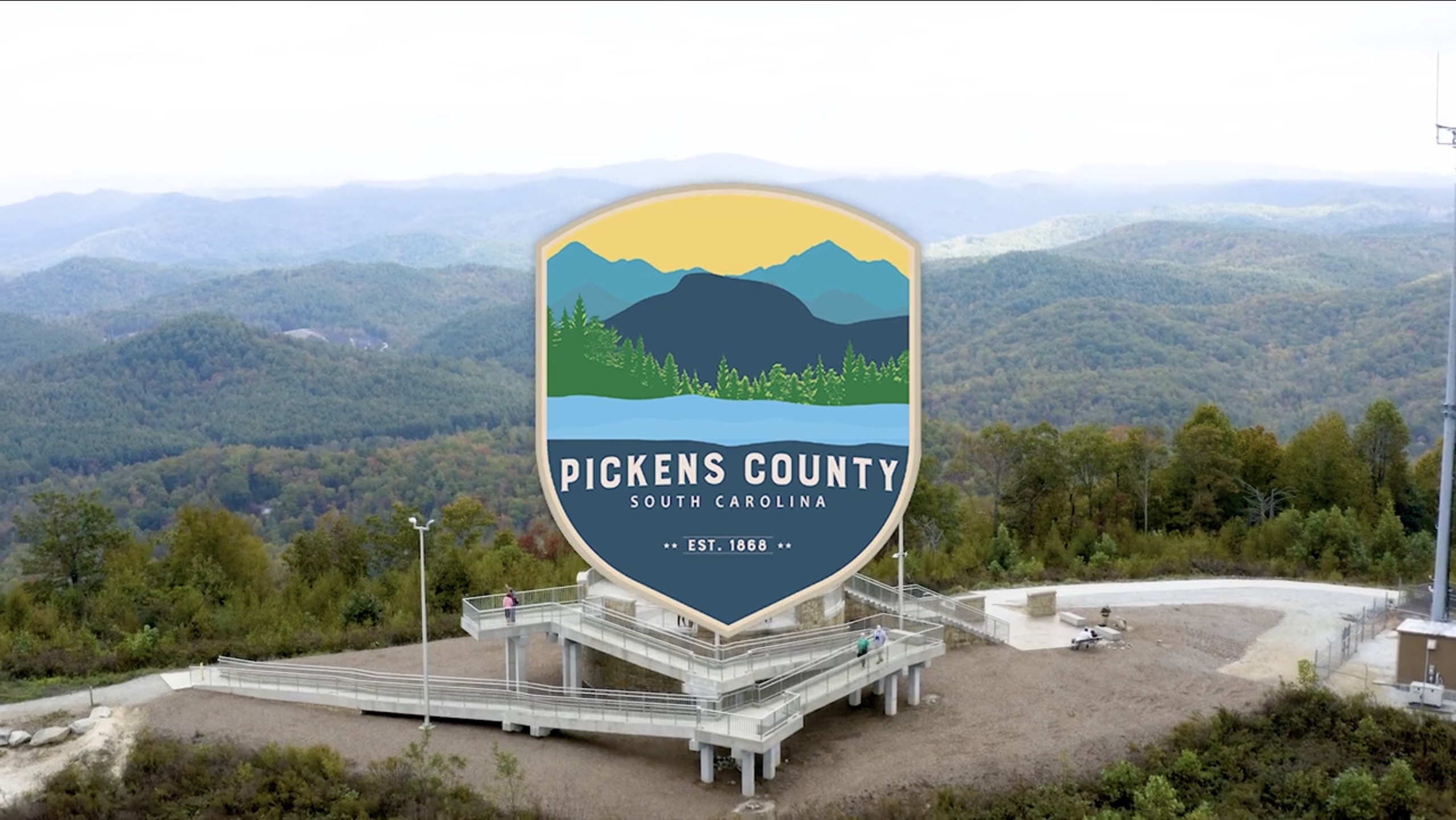School Choice in the Carolina Crescent
“The 3 C’s of Life: Choices, Chances, Changes. You must make a choice to take a chance or your life will never change.”
– Unknown
Choice is defined as the act of selecting or making a decision when faced with two or more possibilities. Having a choice is a wonderful thing. From deciding where to live and what food to eat to what clothes to wear and what music we listen to, having the ability to choose what is best for ourselves is extremely powerful. Choice provides a sense of self-control and helps build responsibility and initiative. The same also holds true for choice in education.
Within the communities that make up the Carolina Crescent, parents have choices beyond their local public school that include charter, private, online, and homeschool. Within each choice, the school’s curriculum, philosophy, teaching methods, teachers, and extra-curricular programs are unique and serve a variety of needs and life goals of their students.
Why is choice important?
On a personal level, choice gives parents control over their child’s education. Parents know their child best, so providing a variety of educational options allows parents the ability to place their child on the right trajectory for success. Just as schools differ, no two children are the same. Some students respond best to visual learning while others process information best when it is spoken. Some students excel in social environments while others need to study without social distractions. These dynamics are critical considerations when selecting the pathway that will help a child meet their full potential.
On a community level, school choice raises the success bar for all. When parents are given the power to pull their children out of failing public schools, the schools are then forced to find solutions to improve their outcomes and keep students enrolled. And non-traditional schools must also meet student needs, parental expectations, and educational outcomes. It amplifies accountability across the board. Market competition is a great motivator and encourages all schools to constantly assess their performance. When schools are performing at a higher level, it is a great benefit to the overall community. High performing schools attract a strong residential base and, due to job preparedness and an educated workforce, it also attracts businesses. And, most importantly, it best serves the students.
This past year, the Carolina Crescent participated in an Education Roundtable in Greenville, South Carolina. The event was facilitated by South Carolina Lt. Governor, Pamela Evette, and included 20 leaders in non-traditional education from the Upstate region of South Carolina. The goal was to break down silos among non-traditional schools and start a dialogue to identify and share best practices in education.
Lt. Gov. Evette kicked off the discussion. “There is a big tent for education in South Carolina and we are seeing great successes in non-traditional education. Every child is different, and every family is different. That’s why the work you are doing is so important. I’m excited to be here today to hear directly from you – the people on the front-lines of education in our state.”
Five hours of lively discussion took place and included topics ranging from new trends in education and socioeconomic factors to parent accountability and student resiliency. A common thread for success found among the participating non-traditional schools was parental involvement. The philosophy of the three-legged stool (parents, students, and teachers) provides the balance necessary for successful outcomes.
When parents and teachers work closely together, it strengthens the ability to build self-reliance and resiliency in children. In a traditional school environment, oftentimes individual needs of students are overshadowed by the measurement goals and objectives put in place by a massive system. Traditional schools by nature do not have the ability to promote or advance specific values held by individual families. In today’s world, allowing parents the choice to have their child educated in an environment that supports their world view and values is a growing advantage for non-traditional education.
Another trend discussed for non-traditional education is career readiness. South Carolina is blessed with advanced technology jobs and non-traditional schools have moved quickly to provide the resources necessary to ensure students are prepared to meet workforce demands. All agreed that opportunities other than the traditional four-year university should be better promoted to students and parents. In addition, career counseling at the middle school level should be altered to promote trade school as a viable and practical alternative to a traditional degree program.
More should be done to inform parents of educational options for their children. Although South Carolina supports school choice, these options are not widely known. And knowing and understanding these choices are vitally important to low-income families. A parent’s income should never determine the child’s access to a quality education. And the requirement to essentially pay twice (taxes and private tuition) is simply not fair. For many low-income families, traditional school not only means lower graduation rates and less than adequate education outcomes, but school safety is also a concern.
Lastly, the era of Covid-19 has brought attention to non-traditional teaching methods. It has been a positive experience for some parents who have enjoyed being more involved in their child’s education and they are now exploring options and choices for the future. For those with bad experiences learning from home, it is important that they understand the negative issues public schools have faced with remote learning are not issues found in schools properly set up for this method of teaching and learning. The timing is right to educate the public on these matters because the topic is top-of-mind for many people.
All participants agreed that the first step to positive change in education is to be honest about what works and does not work, to stop criticizing other schools and teaching methods, and support individual choice without judgment. Not every private school works for every student; not every virtual school works for every student; and not every public school works for every student.
Breaking down silos and learning from each other can only strengthen education in our state. The group unanimously agreed to maintain contact through an established group email platform and to also visit each other’s schools throughout the coming year. Five hours was simply not enough time, which is a great indicator of a successful conversation. Lt. Governor Evette challenged the group to hold an annual event and widen the tent.
Challenge accepted. Plans are already underway for next years’ event.
Feed & Seed – Greenville, S.C.
World's apart, minutes away. Discover how Feed & Seed is connecting local farmers and makers to you!
Living in Rustic Elegance – Longview Carolina
World's apart, minutes away. Discover how resilient living is becoming a part of the fabric of the Carolina Crescent.
School Choice in the Carolina Crescent
Choices are important in life, shouldn't there also be choices in our education?





